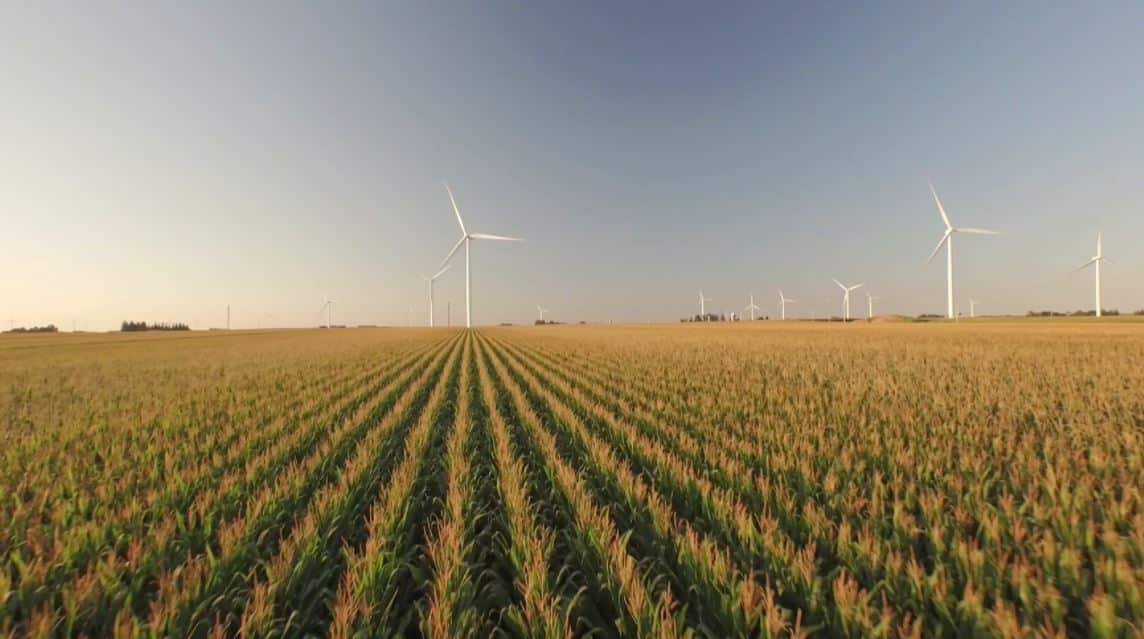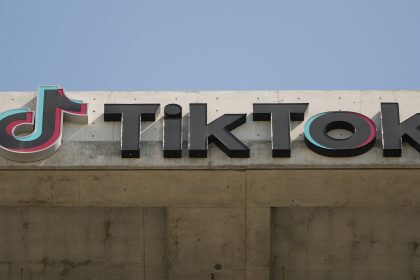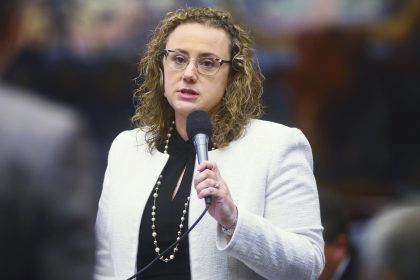Facebook Releases Renewable Energy Impact Study

MENLO PARK, Calif. — In an economic analysis of the company’s solar and wind projects that support its data centers across the nation, Facebook iterated its adherence to broader sustainability initiatives.
As of last year, Facebook’s fleet of energy-intensive data centers are powered entirely by renewable energy and the company is committed to achieving net-zero carbon emissions in its operations by 2030, according to the impact study. Facebook commissioned RTI International, an independent nonprofit research institute, to conduct the study.
“Climate change is a crisis we will only be able to address if we all work together on a global scale and Facebook is committed to playing its part and helping to inspire real action in our community,” said Facebook CEO Mark Zuckerberg in a written statement. “We are taking steps to reduce our emissions and setting the goal to reach net-zero for our company’s value chain by 2030.”
Facebook’s data centers contain an array of servers that store crucial information and equipment used to cool the electronics, both of which require readily available reserves of electricity. Over the last decade, Facebook constructed a dozen new data centers throughout the country to meet its operations demands.
To fuel its commitment to sustainable development, the company established two broad goals for the data centers in its model for clean energy-based development: add an amount of renewable energy capacity that is equivalent to the amount of electricity consumed by the centers, and establish renewable energy projects on the same grid as the centers.
“Although there are various corporate sustainability approaches designed to achieve renewable energy goals, Facebook tailored its own procurement strategy using two key tools: long-term agreements and green tariffs,” the text of the study read. “Long-term agreements are contracts between a renewable energy owner and customer that offer a predictable cash flow to a renewable energy project over many years. By providing a steady revenue stream, these agreements enable new solar or wind projects to be constructed based on long-term demand for clean electricity.”
Across 18 states, Facebook has constructed 13 data centers and a total of 55 renewable energy projects, according to the impact study. To date, the projects have resulted in an added 5,763 megawatts of renewable electricity to the United States’ grid.
On average, Facebook-supported projects accounted for 412 state-wide jobs for every 100 megawatts of added electric capacity. The state-level impact on average was 1,318 added jobs during construction, and in six states over 2,000 jobs were added by the projects.
In the period from 2014 to 2022, Facebook projects are estimated to support over 40,000 jobs and add $4.2 billion in gross domestic product throughout the country. Of $7.4 billion in total development capital expenditures, $3.1 billion will be sourced within the U.S.
“As utilities and policymakers consider transitions away from fossil fuel-based energy sources, Facebook’s approach to adding new renewable energy projects to the same electrical grids as its data centers offers a model for how to meet significant energy demands through clean energy,” the study’s text continued. “Facebook’s transparency, technical skills, and willingness to use tools — such as long-term agreements and green tariffs — promoted greater renewable energy accessibility.”

























